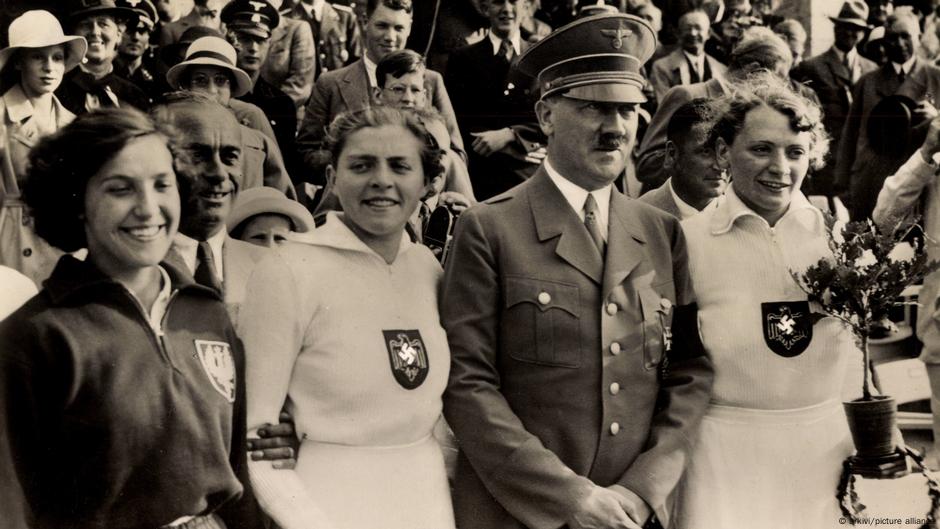When Athletics Became a Weapon: The Dark Side of Nazi Sports Propaganda

Sport under the Nazi Regime: A Complex Landscape of Ideology and Discrimination
The Nazi regime viewed sport as far more than mere physical competition—it was a powerful tool for propaganda, racial ideology, and national identity. For the Nazis, athletic prowess represented the supposed physical superiority of the "Aryan race" and became a critical platform for showcasing their twisted worldview.
The Olympic Games, particularly the 1936 Berlin Olympics, were a strategic opportunity for Nazi Germany to present a carefully curated image of strength and unity to the international community. Despite their underlying racist ideology, they temporarily softened their most extreme discriminatory practices to project a more palatable image to global observers.
For Jewish athletes, the sporting landscape was brutally transformed. Once integral to German sports clubs and national teams, they were systematically marginalized and eventually excluded entirely. Before the full implementation of racist policies, many Jewish athletes had been celebrated competitors, but the Nazi regime rapidly dismantled their opportunities, forcing many to flee or face increasingly oppressive restrictions.
The Nazis weaponized sport as a mechanism of racial propaganda, using athletic competitions to promote their dangerous narrative of racial hierarchy and supposed genetic superiority. Physical fitness was not just encouraged but mandated, with youth programs and state-sponsored athletic initiatives designed to create what they perceived as a physically perfect population.
Ultimately, sport under Nazi rule was never just about athletic achievement—it was a calculated instrument of political ideology, racial discrimination, and national mythology.
